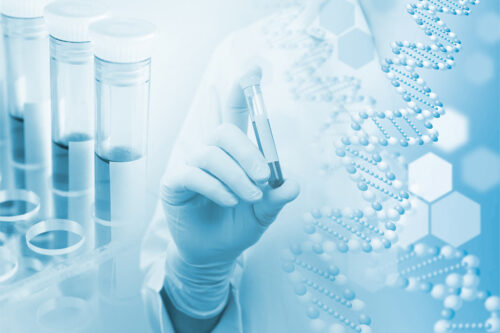 Genetic Screening
Genetic Screening
Screening tests are done during pregnancy to assess the risks of a fetus that may be at risk to common birth defects.
While a screening test cannot tell whether the baby actually has a birth defect, it provides information for parents to consider while preparing for the birth of their child. There is no risk to the fetus during screening tests.
There are a variety of screening tests that may be performed including:
- An ultrasound exam
- Blood tests
- Amniocentesis – a procedure in which amniotic fluid is removed from the uterus for testing.
- Carrier testing – a test that can show if you or your partner carry a gene for a certain disorder, such as cystic fibrosis. Carrier testing can be done before or during pregnancy.
Cystic fibrosis carrier screening is offered to all women of reproductive age because it is one of the most common inherited diseases.
DIAGNOSTIC TESTS
Unlike screening tests, diagnostic tests can detect many but not all birth defects in a gene or chromosome.
Diagnostic testing may be considered instead of screening if a couple:
- Has a family history of a birth defect
- Belongs to certain ethic groups with higher risks
- Has a maternal age of 35 years or older
- Already has a child with a birth defect.
Diagnostic tests are available for all pregnant women including those without risk factors.
PERSONAL CHOICE
It is the choice of the couple to decide if they would like testing performed on their unborn child. Knowing available options gives the expecting couple time to prepare for having a child with a particular disorder and to organize the medical care that their child may need.
Your Rosemark healthcare provider will be happy to discuss the options that are available with you and help you decide what tests are best for you.
